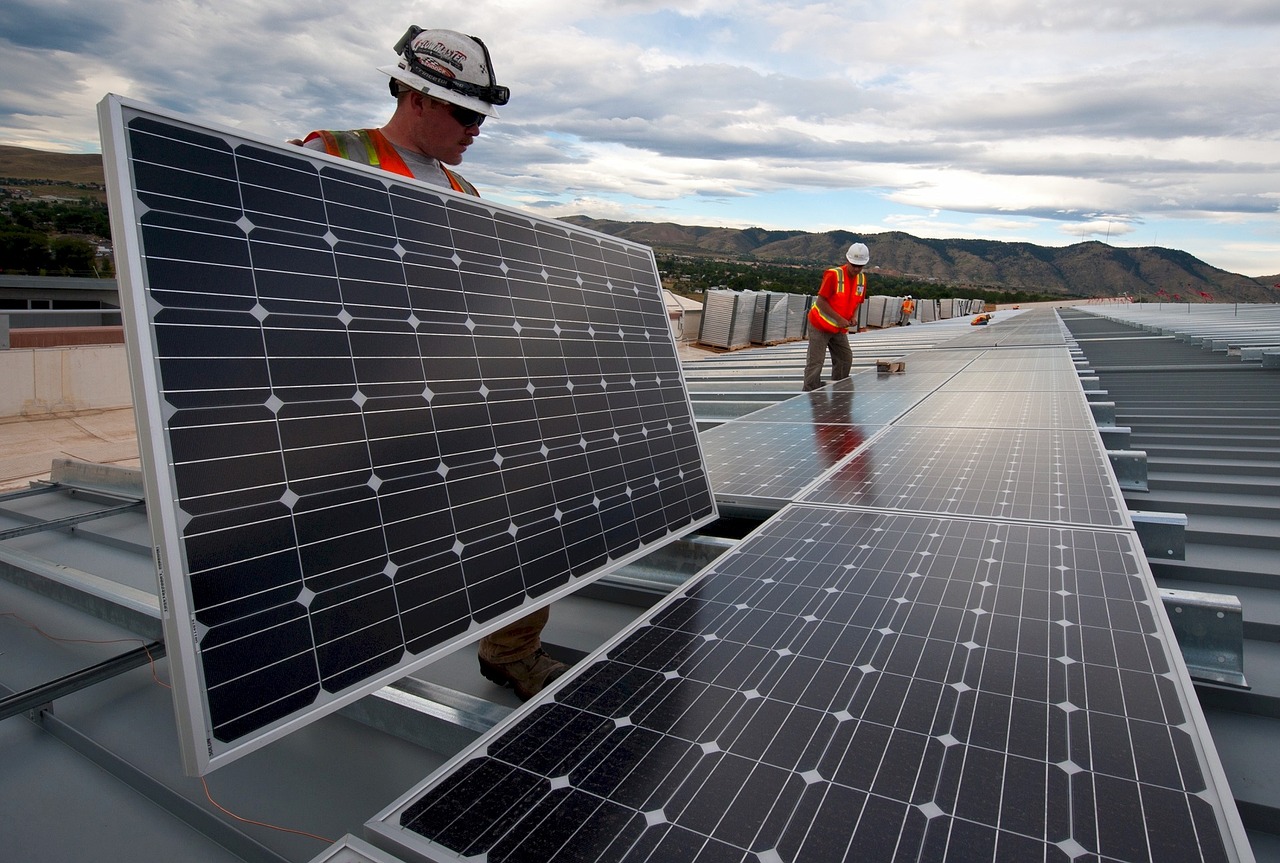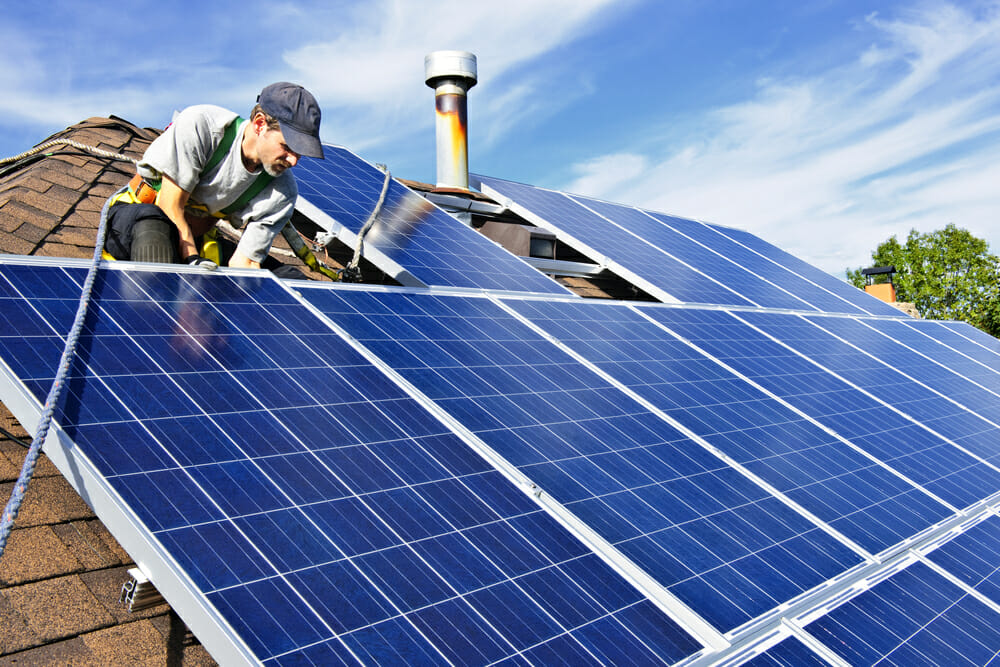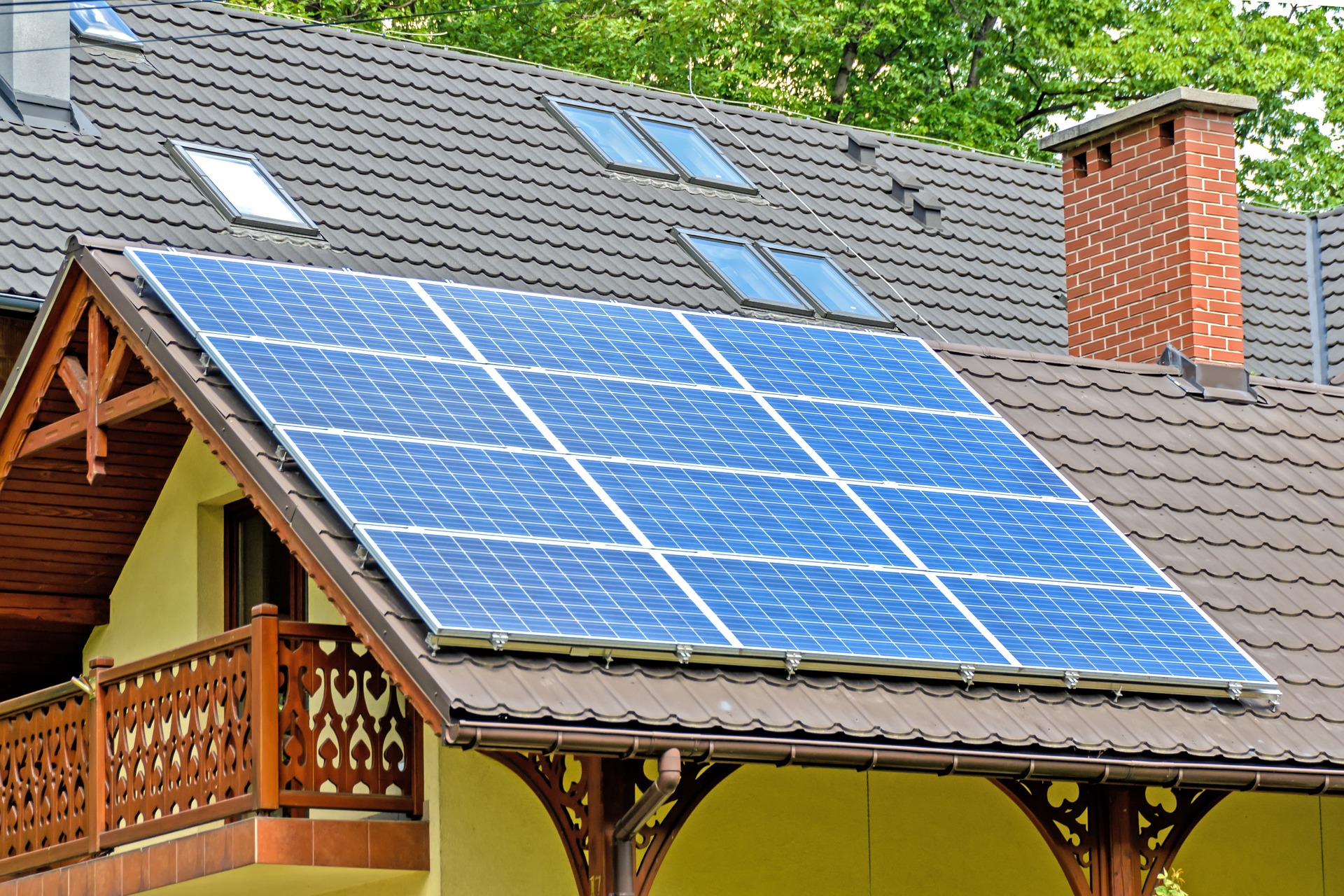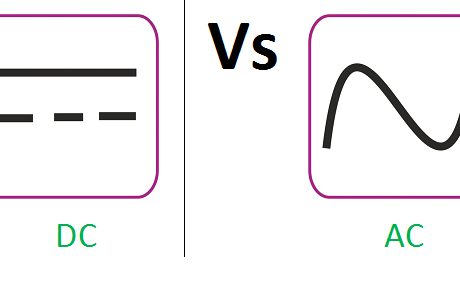The use of solar energy has grown by leaps and bounds in recent times, and now, you don’t just see it in residential or commercial buildings any longer – solar panel systems are now being utilised for more schools as well. The government encourages this growth and has even come up with its own form of support for schools and other educational institutions wanting to go solar. There are indeed a lot of benefits brought by having your own solar energy, but what else can you expect from it? How can you make sure that your solar investment is fully utilised? Here’s everything you need to know about solar energy for schools: benefits, expectations, and more.
How you can save on expenses – and earn:
With solar energy, there are three ways through which you can save and earn on your expenses. One way is with your actual usage of energy from the grid. Since you produce your own energy, your energy usage from the grid will go down, thus resulting in lower electricity bills. The second way is through what you can earn based on the electricity your panels can produce. This the Feed In Tariff. The third way through which you can save and make money is when you get paid for whatever electricity isn’t used by your school. This is referred to as the Export Tariff.
Will the sun be enough?
This is one of the more common questions asked by many, and the answer is a simple yes. There is enough sun, even in the UK, for your solar panel system to work – and work well, at that. Although bright sunlight is always best in regard to solar energy, your solar panel system will continue to produce energy even when the days are cloudy. For every 1 kilowatt of solar panel installed, you can expect to produce an average of between 750 to 900-kilowatt hours of energy. If you are located in the south, your system will generate even more.
Is it the best solution for my school?
Granted, while a solar energy system is generally a good and worthwhile investment, you still have to be sure that it’s the right solution for your school, as experts in solar in Cheshire like Atlantic Renewables attest. Many of the schools in the UK are suitable, however. For instance, does your school have a roof that is flat or pitched and is the roof facing south-east, south-west, or south? If it is, that’s already good news. Also, if you don’t have any buildings or trees shadowing your roof, this is a good sign as well. You should also have a strong roof, although most roofs are already strong enough to hold solar panels.
How to pay for it:
There are different things you can do to help you pay for a solar panel system for your school, one of which is help from your local education authority. You can ask them to provide you with the capital you need at a very low or even zero rate of interest. Another way through which you can finance your solar panel system is to go to your local council. Community funding is also possible, and you may be surprised at how many communities have already worked together to bring a solar energy system to fruition for schools.
Read Also:






















